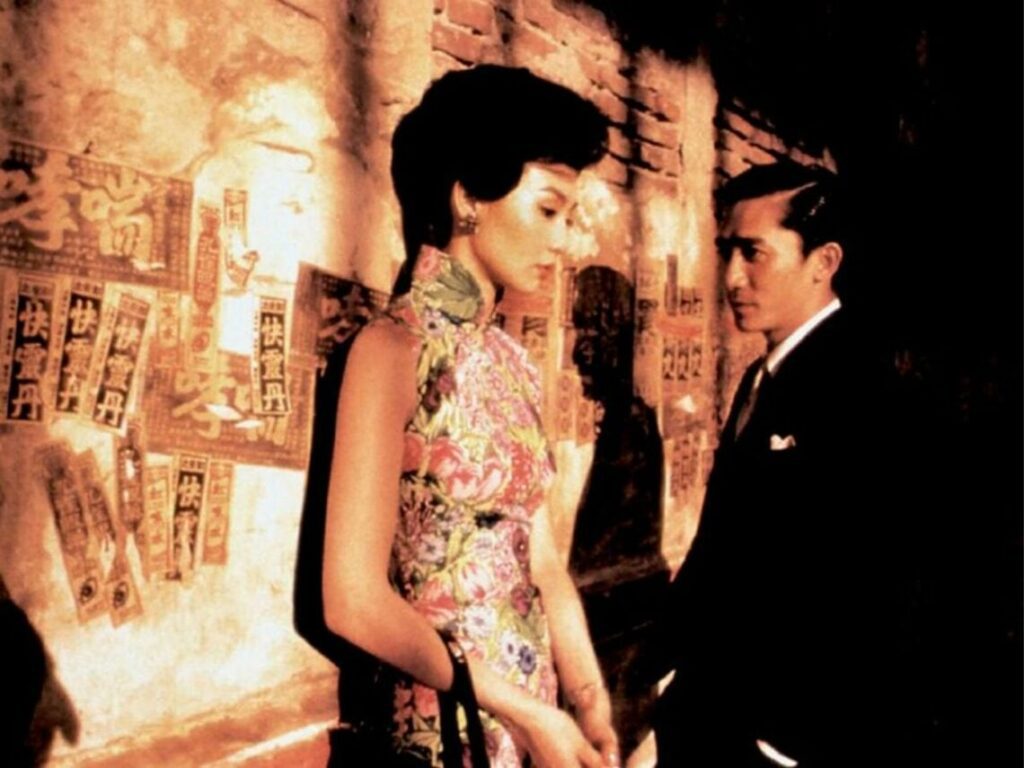The poignant emptiness of Wong Kar-wai film ‘In the Mood for Love’
 Posted On
Posted On
(Credit: Alamy)
Many people consider Wong Kar-wai’s romantic drama In the Mood for Love to be the Hong Kong director’s best-ever movie. However, it can sometimes feel that Wong’s beloved film of 2000 has a significant piece of its narrative missing, a certain je ne sais quoi or a forthright emotion or mood that’s present in some of his other masterpieces like Chungking Express or Fallen Angels.
It’s easy to think that this missing feeling might dampen the overall quality of In the Mood for Love. Still, upon closer inspection, we realise that it serves as a vital component of its auteur status. The truth is that whatever is missing in Wong’s film is itself the feeling, an air of emptiness that permeates the narrative of his stunning and heartbreaking romantic drama.
Starring Tony Leung and Maggie Cheung in the lead roles, In the Mood for Love tells of a man and a woman in 1960s Hong Kong whose respective partners have an affair with one another, leaving the pair in utter heartbreak to pick up the pieces of their respective lives. Naturally, Mr Chow and Mrs Chan, who are also neighbours, share in their grief and loss and begin to develop feelings for one another while imagining the way that the affair had first started.
It’s fair to say that In the Mood for Love is a stunning, beautiful, and moving film that explores the nature of loss and heartache through the constant empathetic despair and yearning of its main characters. However, what’s most important is the overarching feeling of emptiness that seeps through every frame. As Mr Chow and Mrs Chan slowly become attracted to one another, they feel trapped by their innermost feelings caused by their respective spouse’s betrayal. As such, they find themselves incapable of acting on their attraction and desire.
This emptiness becomes even more prominent in counterpoint to the physicality of the film. Taking place in tiny apartments, narrow hallways and busy restaurants, the claustrophobia of the main characters allows the emptiness of their emotive state to grow almost to bursting point. Yet it’s strange for something so hollow to feel so prevalent, and this is a testament to Wong’s world-building and the poignant qualities of his romantic narrative.
The inability of Mr Chow and Mrs Chan to properly confront their true feelings only serves to deepen their isolation, even when they find themselves increasingly in one another’s company. Emotional honesty is replaced by a kind of silent communication, where little is said and, therefore, little is understood, which eventually leads to Mr Chow’s departure from Hong Kong in search of respite from his heartache and a new life of promise. However, it’s one in which he will never be able to forget about the potential of romance with his fellow heartbroken neighbour.
Aesthetically, Wong manages to capture the beauty of emptiness and yearning with colourful cinematography and close-up shots that painstakingly detail every hidden wince of emotion, particularly on the face of Tony Leung. Furthermore, Shigeru Umebayashi’s tender and moving score comes in only at moments as though to pierce the agonising emptiness of the film when it becomes simply too harrowing to bear.
Despite the overarching and palpable emptiness of In the Mood for Love, Wong shows us that there is beauty to be found in heartache and that our most desperate moments are as imperative to the human experience as those when we are undeniably in love. Love is often thought of as a positive experience of unbridled joy and happiness, but the truth is that it can often be found in the most fleeting moments of empathy and in the quiet recognition of the pain of another.
[embedded content]


